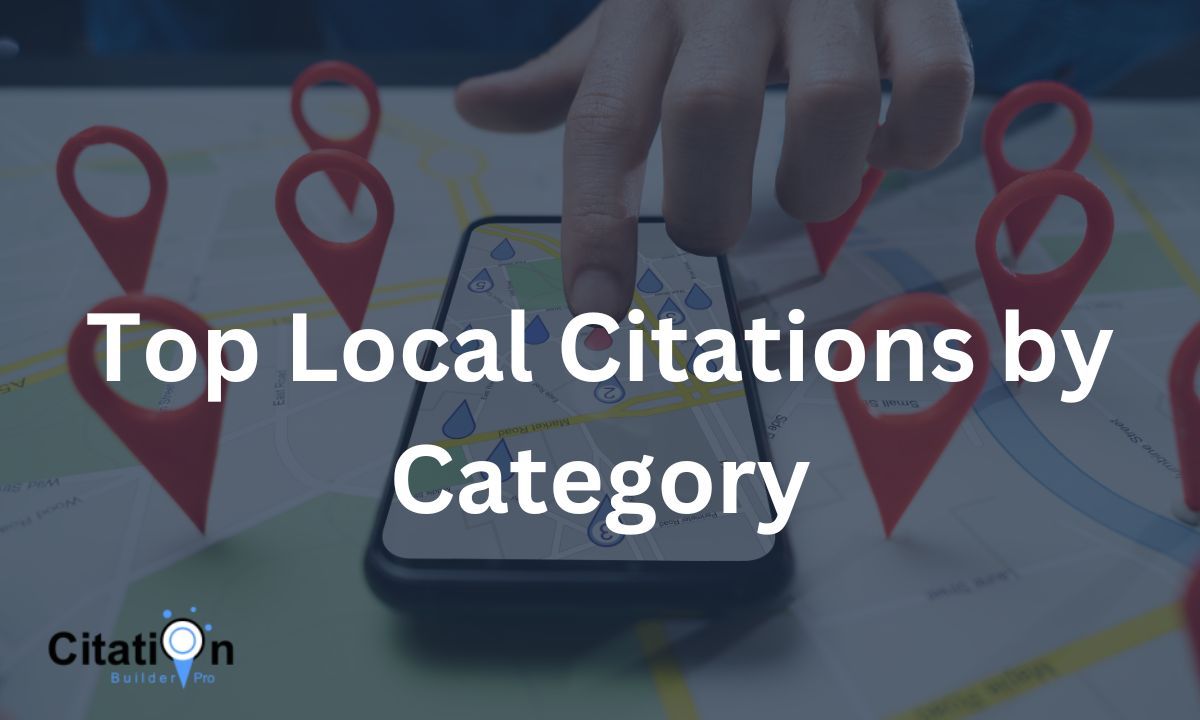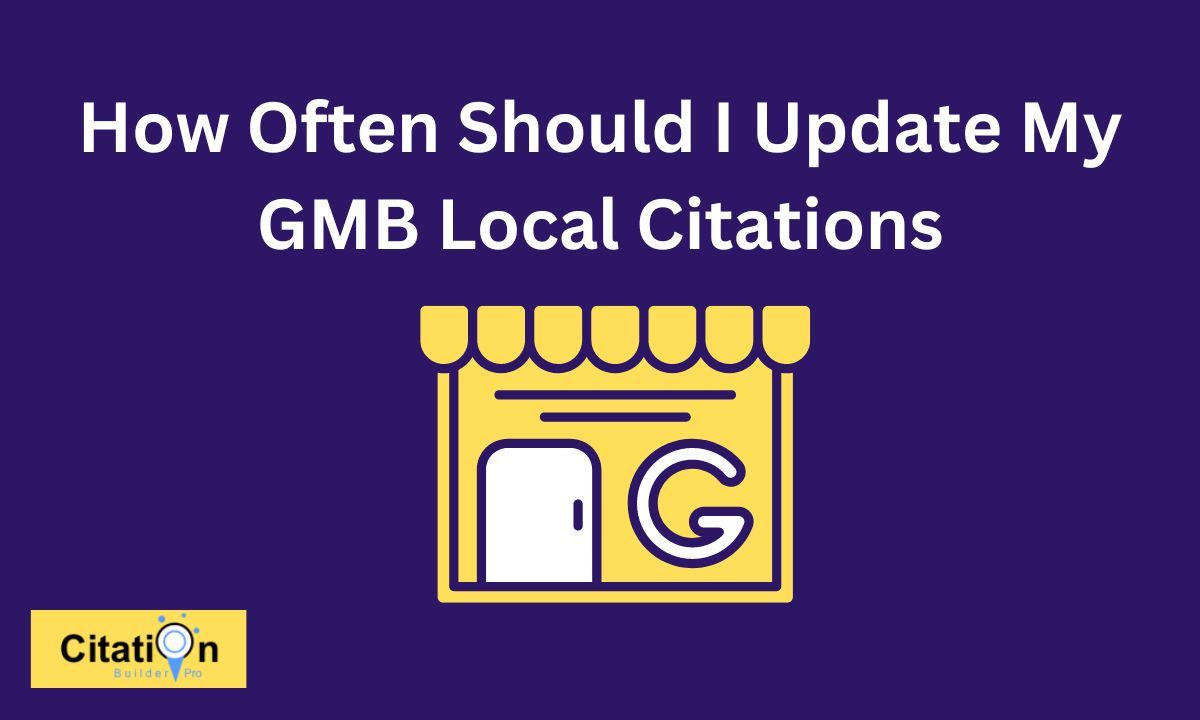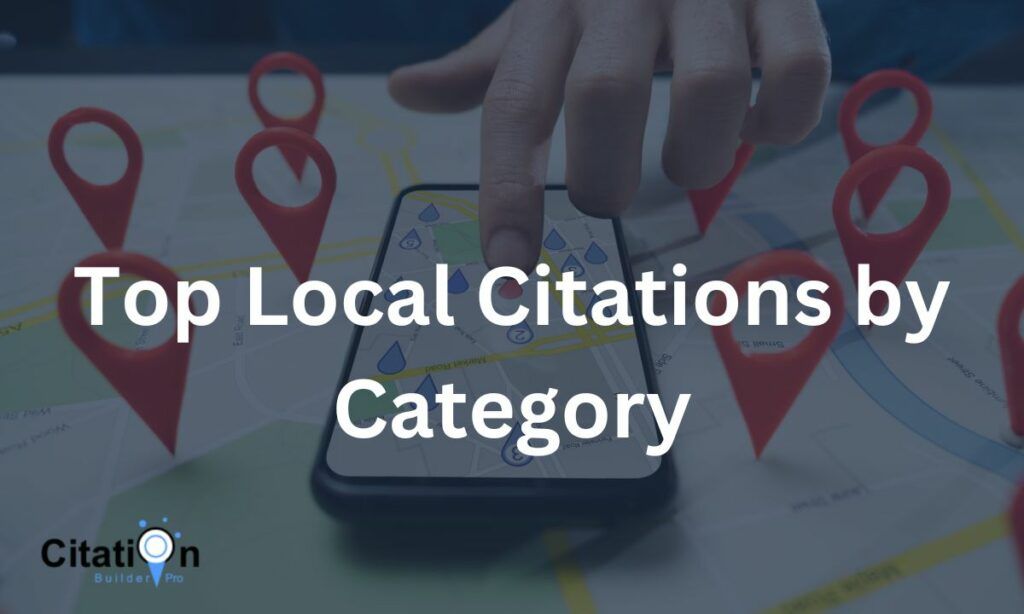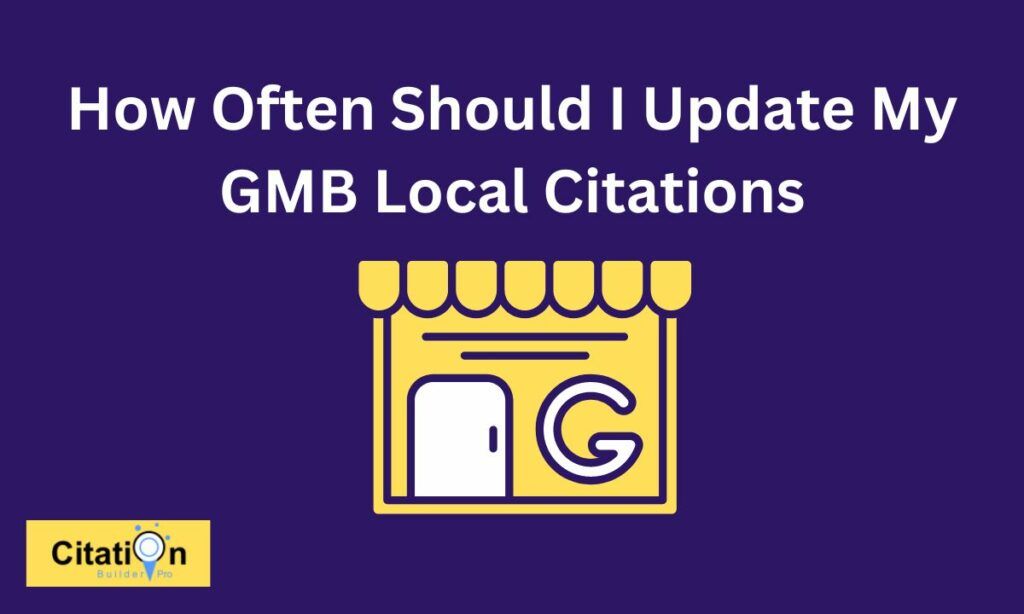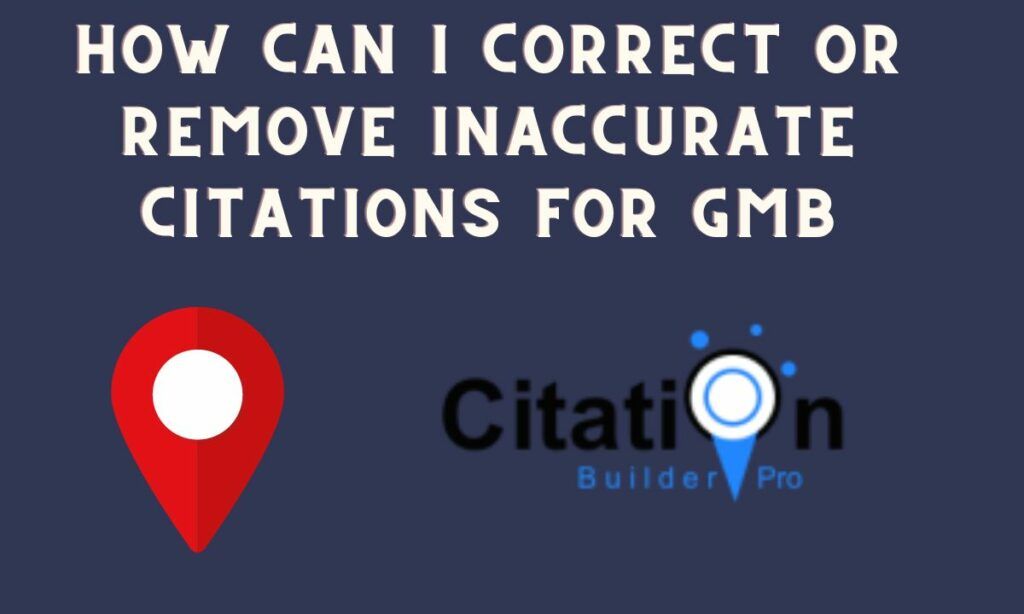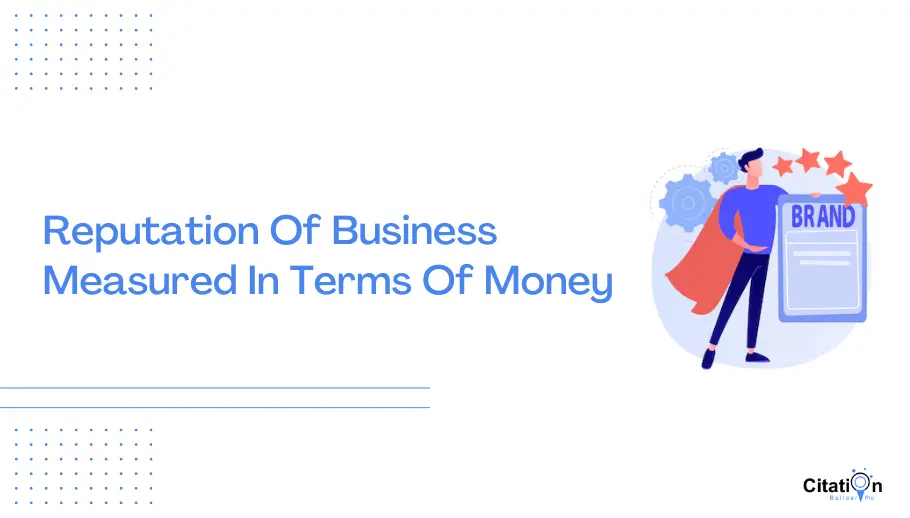
“Goodwill” is an intangible asset that represents the reputation of a business. It is often measured in terms of the premium that buyers are willing to pay for a company’s products or services.
Goodwill can be created by offering high-quality products or services, providing excellent customer service, and maintaining a strong brand identity.
Goodwill is important because it can lead to increased sales, higher profits, and greater market share.
Goodwill can also help a company attract and retain talented employees. Therefore, measuring the reputation of a business in terms of money can be a helpful way to assess its overall health and potential for future growth.
Table Of Contents
What Is A Goodwill In Business?
Goodwill is an intangible asset that represents the value of a company’s reputation. It is the difference between the fair market value of a company’s assets and liabilities.
Goodwill is created when a company acquires another company for a price that is higher than the fair market value of the acquired company’s net identifiable assets.
Goodwill also can arise when a company’s earnings power exceeds the book value of its underlying assets. In accounting, goodwill is classified as an intangible asset on the balance sheet, since it is not a physical asset like buildings or equipment. Intangible assets are those that do not have a physical form but contribute to the overall value of a business.
Goodwill serves as a reportable item on financial statements in order to avoid any possible deceptive practices resulting from over-or under-reporting its value. The existence of goodwill on the balance sheet usually indicates that a business has been around for a while and has built up a positive reputation.
New businesses typically do not have goodwill because they have not had time to establish themselves yet. Therefore, when analyzing a company, investors often look at whether or not it has goodwill on its balance sheet as one indication of its financial health.
Also Read: Which Are The First Steps You Should Consider When Constructing An Online Business Strategy?
Goodwill can be either Positive And Negative
1. Positive Goodwill
A business with positive goodwill is often regarded as being trustworthy and reliable, and it can enjoy increased customer loyalty and repeat business.
Goodwill can also lead to lower marketing and advertising costs, as customers are more likely to recommend a company that they perceive as being positive and upstanding.
Ultimately, positive goodwill is essential for any business that wants to succeed in the long term.
2. Negative Goodwill
Negative goodwill is an accounting term that refers to the value of a company’s intangible assets that are in excess of the fair market value of its tangible assets.
In other words, it is the amount by which the purchase price of a company exceeds the value of its net assets.
Negative goodwill can occur when a company is acquired for a price that is higher than the fair market value of its assets, or when the fair market value of its assets has declined since the time of acquisition.
While negative goodwill is not necessarily a bad thing, it can be an indicator that a company has overpaid for an acquisition or that its assets are not worth as much as they once were.
Either way, it is important to keep an eye on negative goodwill and make sure that it does not become a drag on financial performance.
How useful was this post?
Average rating 0 / 5. Votes: 0
No votes so far! Be the first to rate this post.

I am the founder of Citation Builder Pro. I have been in the SEO and content marketing industry for 15 years and have a lot of experience in public relations and online marketing.
I started Citation Builder Bro to help businesses of all sizes create high-quality citations for their websites. My team and I are dedicated to providing our clients with the best possible services.

